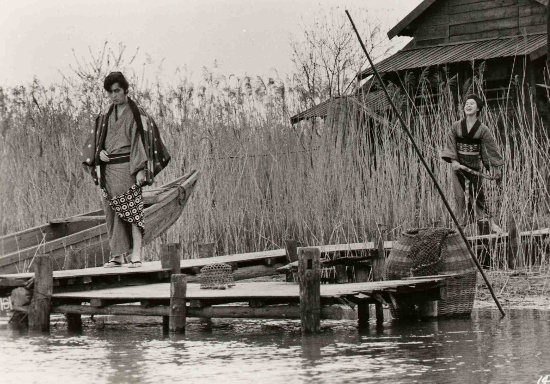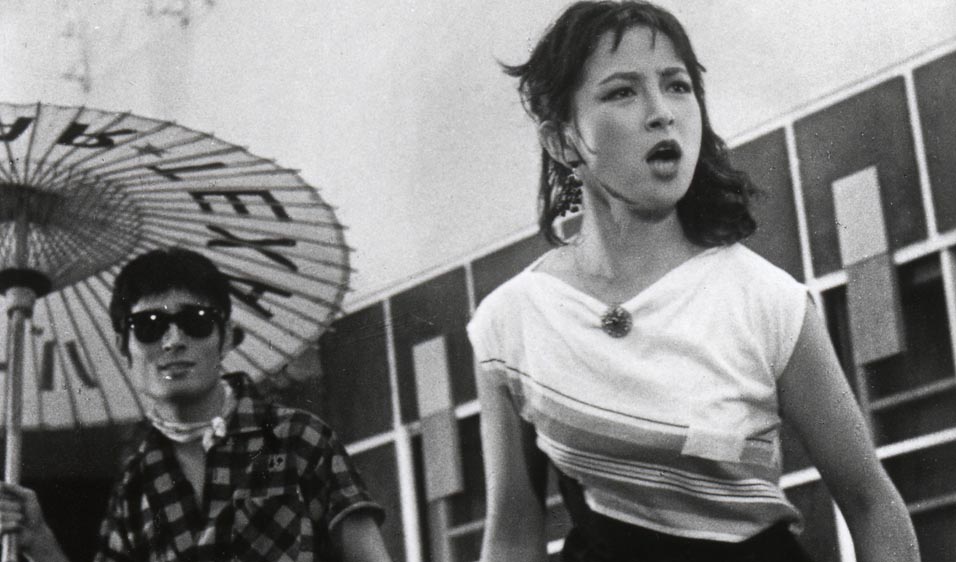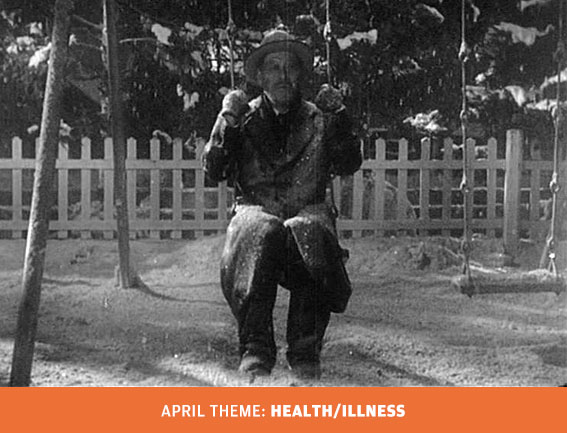Pale Flower (Kawaita hana, 1964), set in the yakuza milieu, questions the codes of Japanese gangsters and subverts the gangster codes of the films that flooded the Japanese film market in the early 1960s. It deals with obsessive love but replaces the carnal element with gambling. Shinoda’s film harks back to Charles Baudelaire’s volume of poetry, Les Fleurs du Mal (The […]





